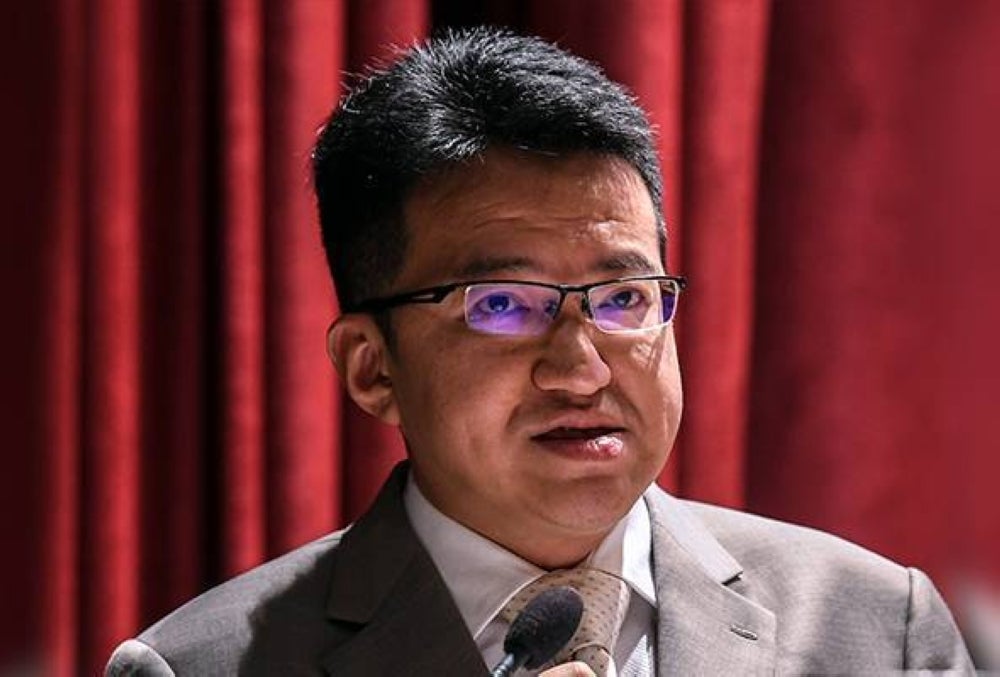Political commitment key for Malaysia to switch to high value-added manufacturing
18 Sep 2023 09:38pm

Deputy Minister of Investment, Trade and Industry Liew Chin Tong - AWANI
"Looking at the current situation, we find that many investors are relocating from China to Southeast Asia and this presents a golden opportunity for Malaysia to revive its economy,” he said when winding the debate on the Mid-Term Review of the 12th Malaysia Plan (12MP) in Dewan Rakyat today.
Therefore, he said the four missions outlined in the New Industrial Master Plan 2030 (NIMP 2030) also needed to be implemented simultaneously so that the country could transition to producing higher-level products and thus, be able to pay higher salaries to retain local talent in Malaysia.
The four missions are advancing economic complexity, enhancing technology to build a digital nation, moving towards "Net Zero” and ensuring economic security and inclusivity.
He said political stability, collaboration among all parties and the implementation of the missions contained in NIMP 2030 needed to be carried out concurrently to develop high-quality manufacturing industries.
"We need to implement all these missions simultaneously so that the country is not trapped in producing low-value products,” he said.
Besides that, he said the governance model of NIMP 2030 took a "whole-of-nation approach”, involving collaboration between the government and the private sectors.
"The National Council for NIMP 2030 will be responsible for driving strategic directions, monitoring, coordination and implementing action plans while a Delivery Management Unit (DMU) will be established in the Ministry of Investment, Trade and Industry (MITI) to coordinate administrative matters related to monitoring and evaluating NIMP 2030,” he said.
He said NIMP 2030 is aimed at having a high impact on the country’s economic growth, especially in the manufacturing sector, where the value-added by the manufacturing sector to gross domestic product (GDP) is expected to increase to RM587.5 billion by 2030 through this plan.
"This projection is based on a growth rate of 6.5 per cent, including contributions from high-impact subsectors such as electrical and electronics, chemicals, electric vehicles, aerospace, pharmaceuticals, medical devices and advanced materials," he said.
Liew said the total employment in the manufacturing sector is also expected to increase to 3.3 million in 2030.
"This job growth trajectory takes into account the increase in high-value-added activities and new industries as well as the direct effects of increased automation and digitisation in the manufacturing sector,” he said.
He added that through NIMP 2030, the median wage for the manufacturing sector is expected to increase to RM4,510 in 2030 from RM1,976 in 2021 - BERNAMA
TAGS: MITI, Parliament, NIMP 2030, RMK-12, MTR, manufacturing











